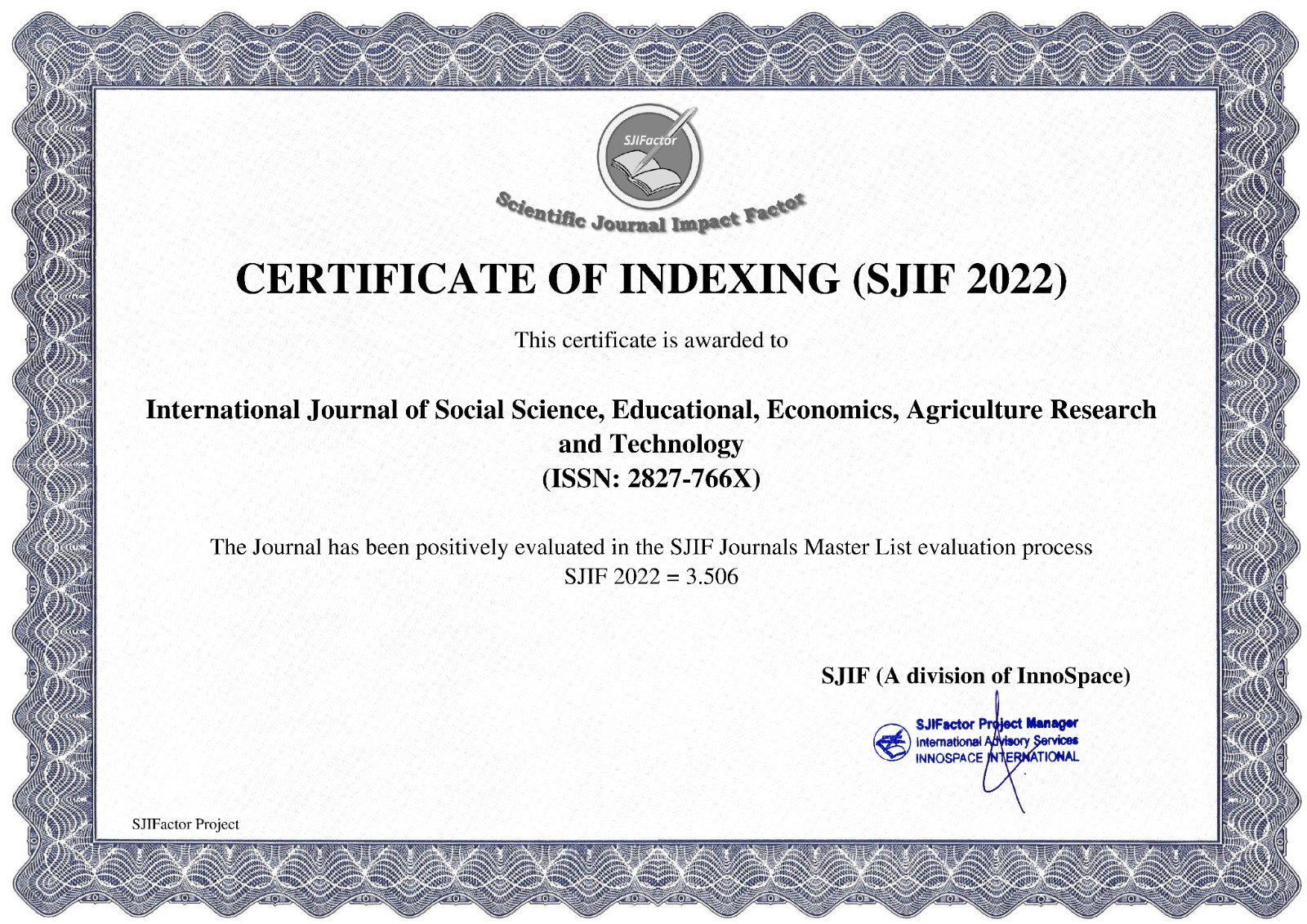THE INFLUENCE OF THE PROBLEM BASED LEARNING MODEL ON STUDENTS' LEARNING OUTCOMES IN SOCIAL STUDIES SUBJECT OF GRADE VIII AT STATE JUNIOR HIGH SCHOOL 3 P EMATANGSIANTAR
Main Article Content
Rahmat Pauzi Butarbutar
Anggun Tiur Ida Sinaga
Tumpal Manahara Siahaan
This study aims to determine the influence of the Problem Based Learning (PBL) model on students' learning outcomes in the Social Studies (IPS) subject for Grade VIII at SMP Negeri 3 Pematangsiantar. The background of this research is based on the low learning outcomes of students, which are caused by the lack of active student involvement during the learning process. The PBL model was chosen because it emphasizes student involvement in solving real problems, which is expected to improve both understanding and learning outcomes. This research employs a quantitative approach with a quasi-experimental method. The research design used is the Nonequivalent Control Group Design involving two classes, namely class VIII-1 as the experimental group that applied the PBL model, and class VIII-2 as the control group that received conventional learning. Data collection techniques were carried out through pre-test and post-test. Instrument testing included validity, reliability, normality, homogeneity tests, and hypothesis testing using the Independent Samples t-Test with the assistance of SPSS version 26. The results of the study show that there is a significant difference in learning outcomes between students who were taught using the PBL model and those who were taught using conventional methods. The significance value in the t-test was 0.001 < 0.05, with the average N-Gain score of the experimental class being 44.67% and the control class being 31.24%. This indicates that the application of the PBL model has a significant effect on improving student learning outcomes.
Barrows, H. S. (1996). Pembelajaran berbasis masalah dalam kedokteran dan bidang lainnya: Sebuah tinjauan singkat. Arah Baru dalam Pengajaran dan Pembelajaran, 68(3), 3-12.
Hake, R. R. (1999). Analyzing change/gain scores. Journal of Education and Psychology Research, 7(2), 45-56.
Hmelo-Silver, C. E. (2004). Pembelajaran berbasis masalah: Apa yang dipelajari siswa dan bagaimana caranya? Tinjauan Psikologi Pendidikan, 16(3), 235-266. https://doi.org/10.1023/B:EDPR.0000034022.16470.f3
Wahab, A. (1999). Penggunaan nilai gain dalam mengukur efektivitas pembelajaran. Jurnal Pendidikan Eksperimen, 7(2), 45-56.
Alda Maya & Dedy. (2022). Pengaruh Model Pembelajaran Problem Based Learning Terhadap Hasil Belajar IPS Siswa Kelas V SDN 87 Palembang. Palembang: Universitas Sriwijaya.
Zulmawati & Dian Mulriani. (2023). Pengaruh Model Problem Based Learning terhadap Hasil Belajar IPS Siswa di SMP Negeri 4 Medan. Medan: Universitas Sumatera Utara.
Arends, R. I. (2012). Learning to Teach (9th ed.). Diakses pada 15 Desember 2024, dari https://www.mheducation.com
Bloom, B. S. (2011). Taxonomy of Educational Objectives. Diakses pada 20 Desember 2024, dari https://www.longman.com
Creswell, J. W. (2014). Research Design: Qualitative, Quantitative, and Mixed Methods Approaches (4th ed.). Diakses pada 5 Januari 2025, dari https://us.sagepub.com
Gagne, R. M. (2018). Principles of Instructional Design (5th ed.). Diakses pada 18 Januari 2025, dari https://www.cengage.com
Moore, K. D. (2017). Effective Instructional Strategies: From Theory to Practice (4th ed.). Diakses pada 25 Januari 2025, dari https://us.sagepub.com
Savin-Baden, M. (2007). A Practical Guide to Problem-Based Learning Online. Diakses pada 1 Februari 2025, dari https://www.routledge.com
Kementerian Pendidikan dan Kebudayaan RI. (2023, 10 Januari). Kebijakan pembelajaran berbasis masalah dalam Kurikulum Merdeka. Diakses pada 10 Februari 2025, dari https://www.kemdikbud.go.id/artikel/pbl-kurikulum-merdeka
Wikipedia. (2024, 5 Februari). Model pembelajaran problem based learning. Diakses pada 29 Februari 2025, dari https://id.wikipedia.org/wiki/ Problem-based_learning






















